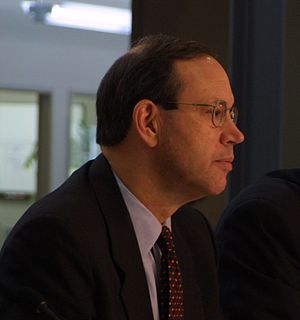A Quote by Mercedes Schlapp
While low-skilled immigrants have a place in our economy, a greater priority needs to be placed on attracting high-skilled immigrants to match the economy's needs.
Related Quotes
In my view, immigrants today aren't any different from immigrants who have come to America throughout our nation's history. They bring new ideas, an entrepreneurial spirit and close family ties. They place a high value on education. And they are eager to achieve the American Dream. ... It's to our benefit to keep our doors open, and to keep enriching our economy and culture. I'd like to see America continue to do so.
In 1992, the federal Government actually issued more work authorizations to immigrants and temporary foreign workers than the net number of new jobs created by our economy. Something is fundamentally wrong when we have millions of American citizens and legal residents begging for jobs, and yet we are admitting thousands and thousands of immigrants a year with virtually no consideration to our employment needs or their employment skills.
While there are many illegal immigrants in our country who are good people, many, many, this doesn't change the fact that most illegal immigrants are lower skilled workers with less education, who compete directly against vulnerable American workers, and that these illegal workers draw much more out from the system than they can ever possibly pay back.
While there are many illegal immigrants in America who are good people, many, many, this doesn't change the fact that most illegal immigrants are lower skilled workers with less education, who compete directly against vulnerable American workers, and that these illegal workers draw much more out from the system than they can ever possibly pay back.
































